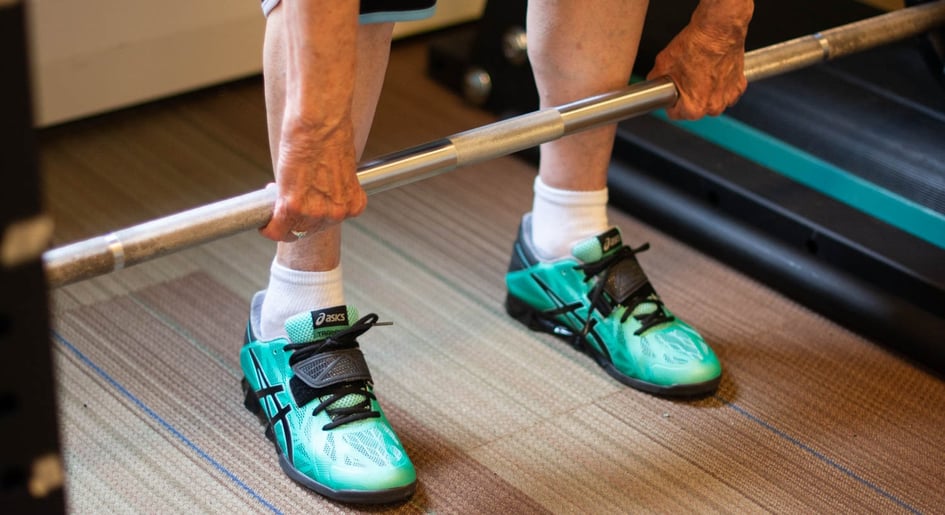Staying Sharp: 3 Ways Exercise Improves Mental Health
Amy Weiss | Sep 9, 2021
Physical health and mental health are both important to a healthy lifestyle. But did you know there are connections between exercising and improved mental health? It's true! According to Harvard, "[Exercise] has a unique capacity to exhilarate and relax, to provide stimulation and calm, to counter depression and dissipate stress." Here are three ways staying active can improve your mental wellbeing...

1. Exercise can reduce anxiety and depression.
According to the Mayo Clinic, working out may help lower depression and anxiety (and help keep it from coming back): "The links between depression, anxiety, and exercise aren't entirely clear—but working out and other forms of physical activity can definitely ease symptoms of depression or anxiety and make you feel better."
When you exercise, you brain releases endorphins and other natural chemicals that can improve your sense of wellbeing or mood. Exercise also increases blood circulation to the brain, which has been connected to an improved mood (National Center for Biotechnology Information).
2. Exercise can help you gain confidence.
For many people, setting goals and overcoming challenges is a significant part of an active lifestyle. When you meet your goals, conquer new things, and work hard, your self-confidence may improve. Exercising can also allow you to interact with others, whether you see your personal trainer at the gym or wave at a neighbor on your daily walk.
The National Alliance on Mental Illness (NAMI) reported that "exercise improves self-esteem, which is associated with greater mental health. Exercise has also been shown to increase self-confidence, self-efficacy, self-acceptance, and self-concept. When we exercise, we feel more loving, positive, and confident."
3. Exercise can help reduce stress.
Hormones like adrenaline and cortisol are stress hormones—and exercise has been shown to lower their levels in the body. Stress can have physical and mental effects, and physical activity can help manage these symptoms. And another way to relax? Take extra time to stretch after working out or exercising. Exercise has been proven to reduce stress directly, and incorporating time to be active into your routine, you can learn to manage and control stress that may arise (Harvard).
We're here for you—and your physical and mental health.
Physical activity include numerous benefits for mental health, from lowered anxiety to greater self-confidence. And at Walker Methodist, we care about offering holistic care and support. That's why our fitness centers are places where smiles are shared, friendships are created, and strength, both physical and mental, increases.
"Exercise is well known to stimulate the body to produce endorphins and enkephalins, the body's natural feel-good hormones which can make problems seem more manageable," wrote Sarah Gingell, Ph.D. "Exercise can give us a break from current concerns and damaging self-talk. People may benefit from calming exercises, be energized, and get outside or interact with others, all of which are known to improve mood and general health."
Not sure where to start? We'd be honored to join you on your journey to a healthy, active lifestyle. Contact one of our fitness technicians today!
